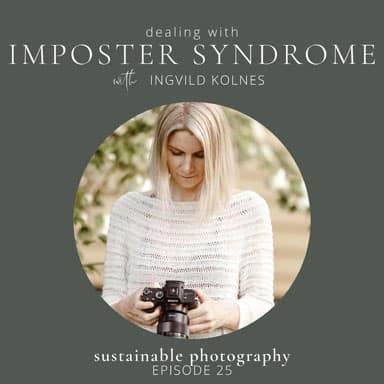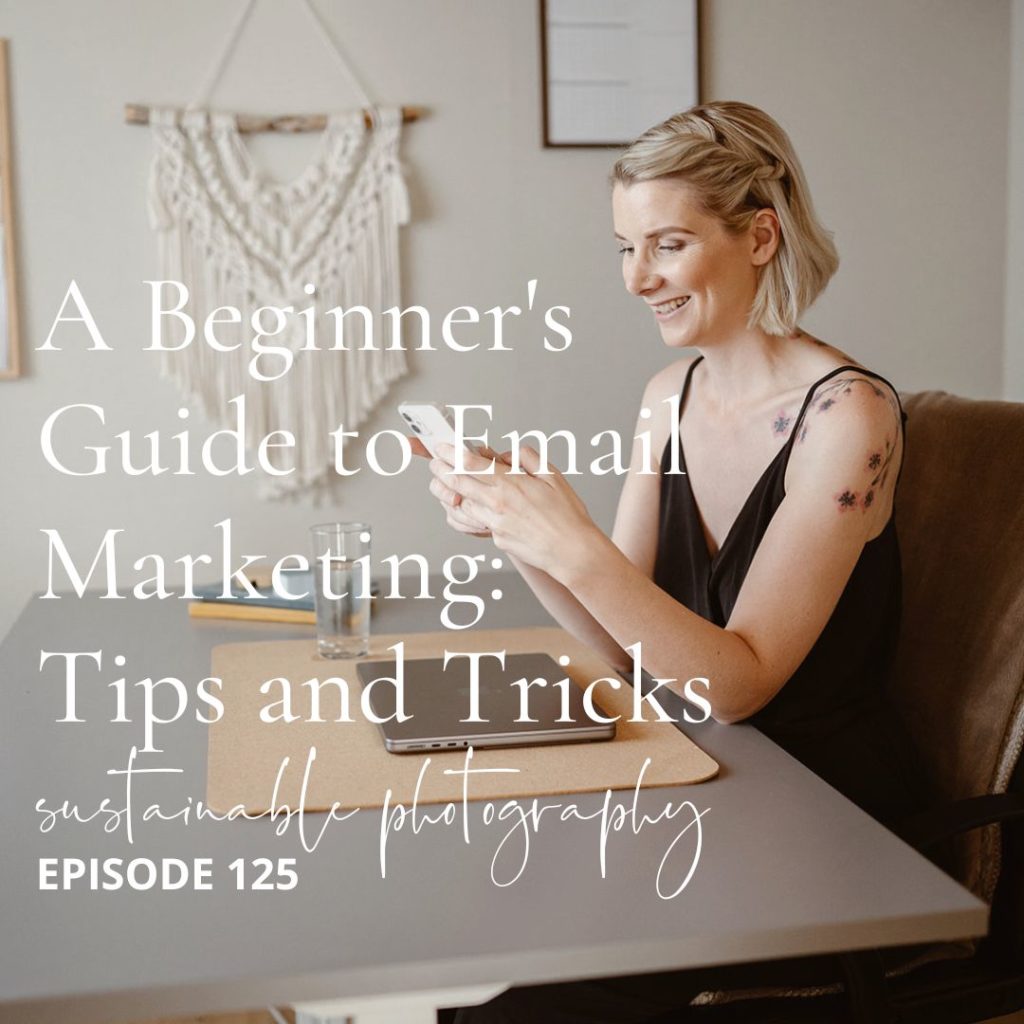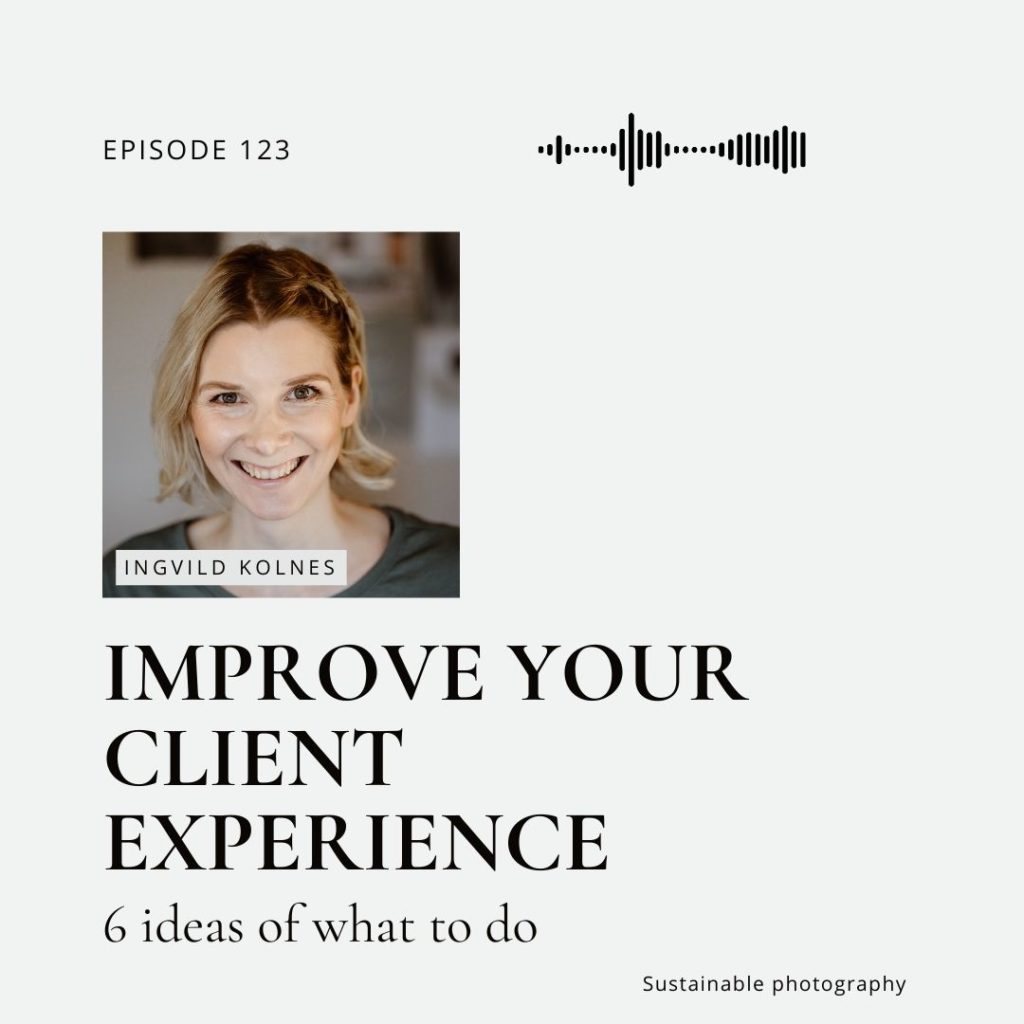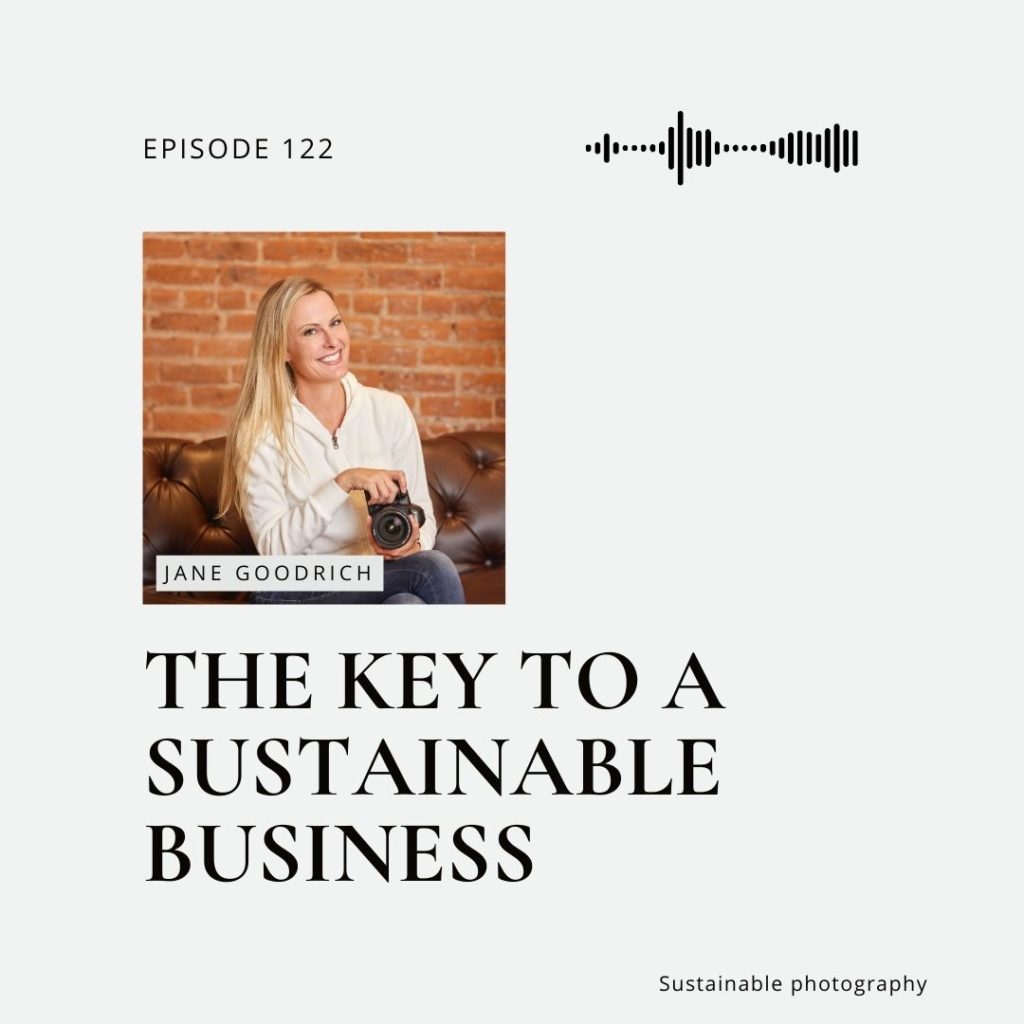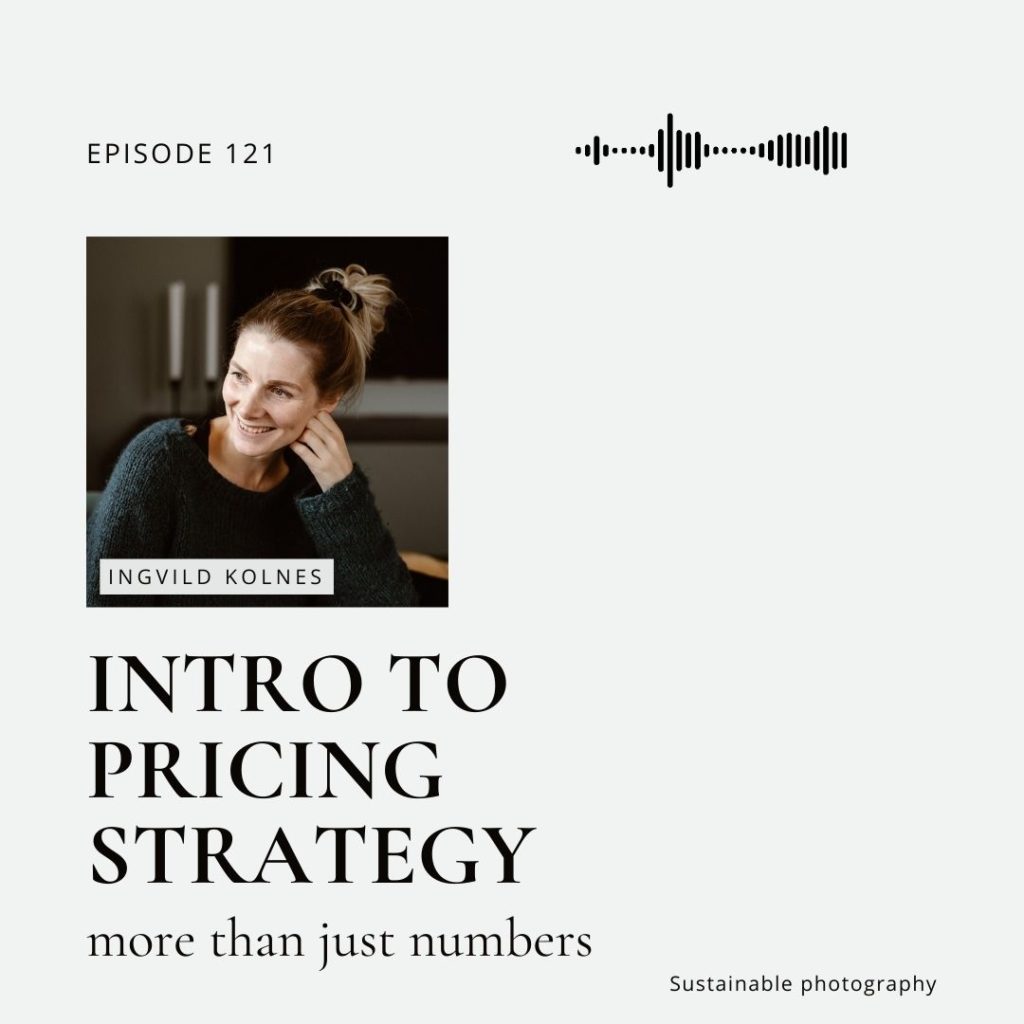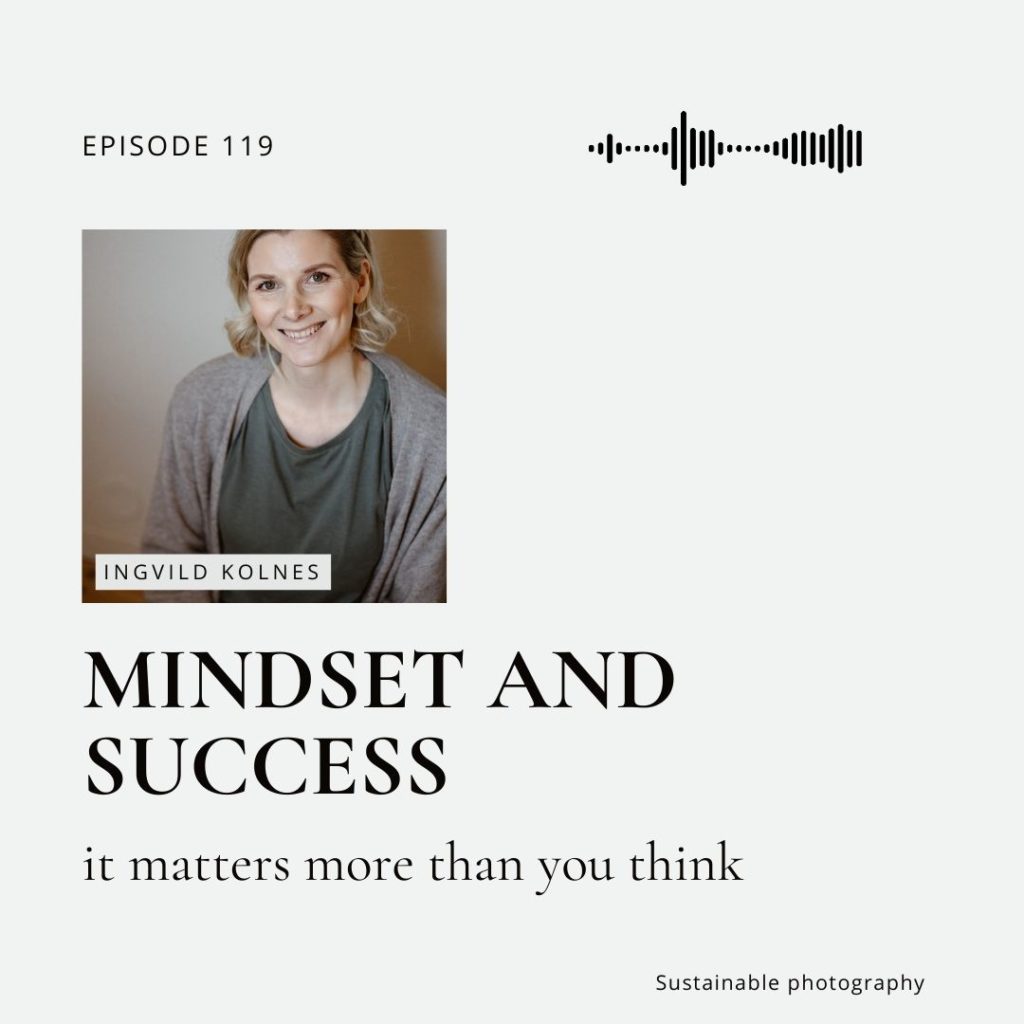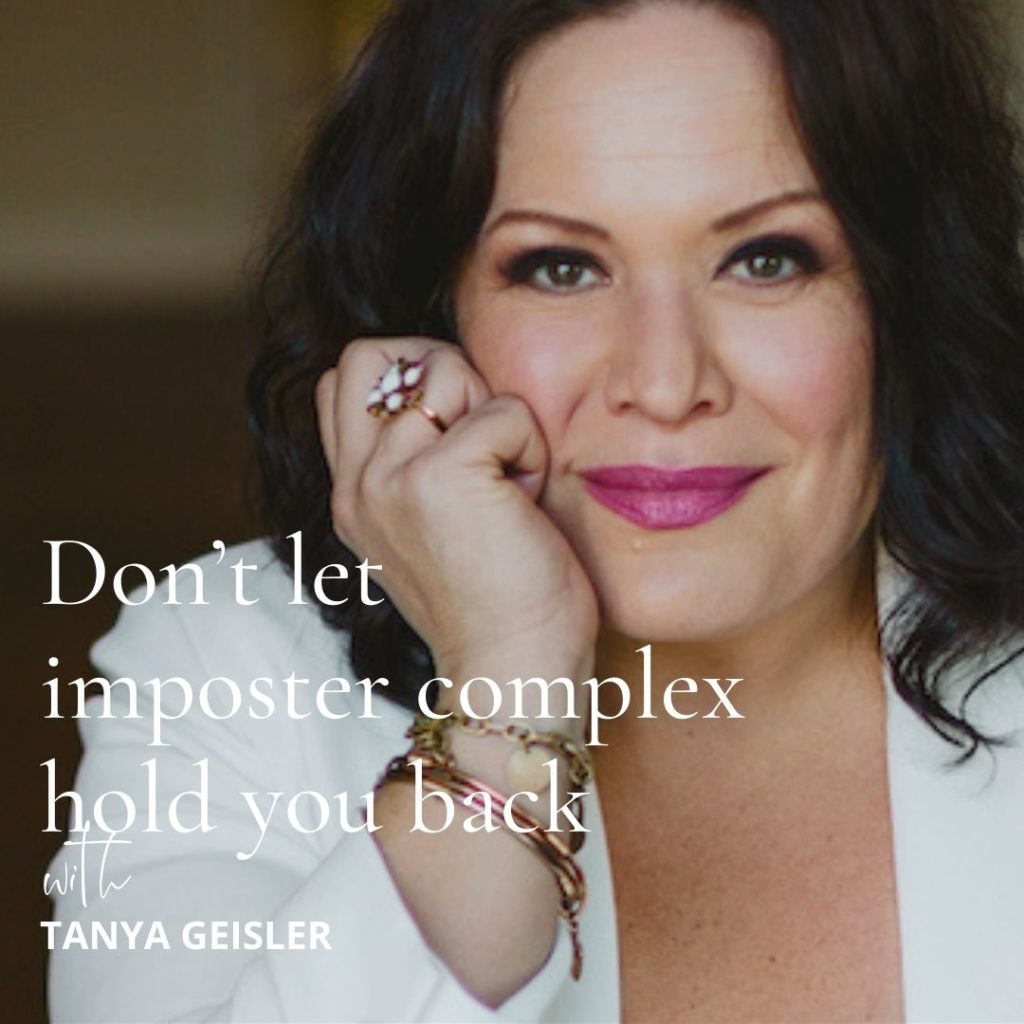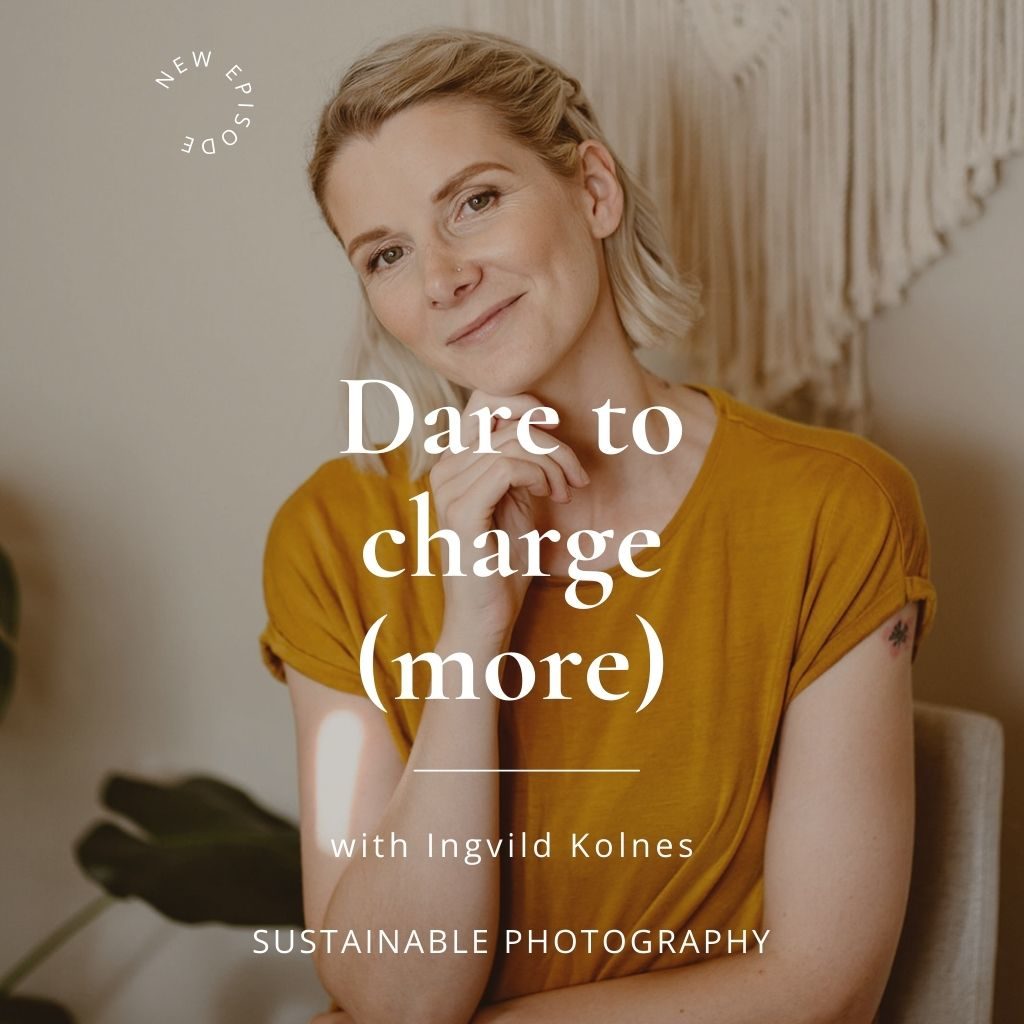25. How to deal with Imposter Syndrome?
I’m not good enough.
What if I put my photos out there and it gets torn apart?
I am not quite there yet to charge what I should yet.
Do these thoughts sound familiar? Almost all of us go through periods where we think that we aren’t good enough.
I’ve felt these very thoughts. I’ve felt like a fraud. Sometimes, I feel like my clients could have gotten so much better from someone else. I’ve felt like I don’t deserve to get paid. That I haven’t got what I need to be successful. That I should’ve practiced more. That my editing style isn’t quite there yet. Or that I need to book ten more weddings before I can be profitable. But it will take at least two more years of low prices before I can raise them. I’ve thought I was too young to have higher prices. I feel like I’ve been through it all.
It has been a long journey, but I promise you the feelings can go away. You CAN build your confidence. I still have those feelings of not being good enough that come through. It is when my clients send me lovely reviews, I cringe. The negative thoughts come spiraling through, I can’t read them and I can’t reply to them. Those thoughts come in like, “what do you know”?
But for the most part, I think that I am good enough and that I am worth it. Even though there might be better photographers out there. It is not about that. I don’t have to compete with them. And neither do you. You have to be the best version of yourself.
Listen to this episode about standing out
Episode 11
What is imposter syndrome?
I’m assuming you have heard of ‘imposter syndrome’!? It’s when you doubt your skills, talents, or things you’ve achieved and you feel like at any moment you are going to be exposed as a fraud. It may be a feeling like you don’t belong where you are, and you only got there due to luck. Despite that, there is proof that shows you’re skilled and quite successful. Such as client reviews, awards won, money paid and photos published.
5 different kinds of imposter syndrome
Valerie Young wrote a book about impostor syndrome. It’s called The Secret Thoughts of Successful Women. In it, she has identified five different kinds of imposter syndrome. Let’s go through those and then talk about how to overcome imposter syndrome.
Perfectionists
Perfectionists are the type of people have extremely high expectations for themselves. Even when they meet 99% of their goals, they feel like failures. Any small mistake will cause them to question themselves. They always think they could’ve done even better, which means they can’t succeed or move forward. Which isn’t productive or healthy. We have to learn to celebrate achievements to avoid burnout, grow in confidence, and be happy.
Experts
These experts feel the need to know every piece of information before they take on a new project. They are always looking for new certifications or courses to improve their skills. Or have the need to always have the newest camera equipment. Of course, you can always learn more but you have to be careful not to procrastinate. You are worthy of having a successful business and STILL learn. Ask for help, get a mentor and learn as you go instead of waiting till you feel ready because you never will be.
Natural genius
These are the people who feel like they have to make it on the first try. That if work or struggle is involved they’re not good enough. Often because they are used to things being easy for them. So, when something isn’t they avoid them. Instead of thinking that you need to know everything even before trying, think of yourself as a work in progress. To accomplish great things, you need to learn and grow.
Soloists
They are the type to feel they have to do things on their own. That asking for help means that they are a failure or a fraud. But if you think of it, who can exist on their own? We all need each other!
Super people
Who works harder than those around them to try to prove they’re not impostors. They do this to cover their insecurities. Which can result in harming their mental health and relationships. They often feel they have to succeed in all areas of life. And get stressed when they’re not accomplishing something. An important thing to note is that no one should have MORE power to make you feel good about yourself than you.
Does any one of these types feel familiar to you? Do you see yourself as a perfectionist, expert, natural genius, soloist, or superperson? I probably have a bit of all of them, to be honest. But I am not letting that stop me and I hope you won’t either.
What can imposter syndrome lead to?
Imposter syndrome can lead you holding yourself back. You might want to quit your job and go full-time, but you’re worried you don’t have what it takes.
You might feel afraid to charge the rates you know you should because what if no one books. So you work for cheap, instead of being profitable, or having the option of taking time off.
Being scared to try new things and go for what you want is another cause of imposter syndrome.
If you’re worried you’re not good enough, you might end up hiding and not taking up space. And hiding is not going to get you enough business, because marketing is all about visibility.
All this kinda ends up being a bit of a catch-22 where you are reinforcing your own fears. Because when you’re not going for what you want, you can’t prove to yourself that you are in fact good enough.
I’ve sometimes asked my followers on Instagram and in my Facebook group about what’s holding them back. And most say – I don’t think I’m a good enough photographer. And I see your work. I see how talented you are. Your photography skills are not the issue. It’s a mix of your mindset and your business skills. You need to get rid of your imposter syndrome, but how do you deal with imposter syndrome?
Dealing with imposter syndrome
To help you deal with imposter syndrome, here are a few steps:
1. Awareness
The first thing is awareness. You need to be aware when these thoughts arise. Acknowledge your thoughts by asking yourself what they mean and how you can turn them into positive thoughts.
2. Friendly reminders
Also, remind yourself that how you are and how you’re feeling is normal.
3. Be open
Talk about it to your friends and loved ones. Let me know how you are feeling and let them in to offer advice when you feel up for that.
4. Learn
Remember that we all make mistakes and consider each mistake a learning opportunity. Everything we go through is meant for a reason and can teach us valuable lessons if we let it. Be open to failure and use it to grow deeper.
5. Be kind
You should always try to be kind to yourself. Know that you have as much right to be wrong/have a bad day/make a mistake as anyone else. Remember to treat yourself with as much kindness as you would your best friend.
6. Ask for support to deal with your imposter syndrome
Ask for help and know that it’s the bravest thing you can do for yourself. To move forward we all need that extra support and trust that we deserve to receive it.
7. Visualization
Visualize success and know that you deserve to receive it. Think about what you want to achieve then take the necessary steps towards it. Write down some affirmations to say to yourself every day.
8. Feel vs fact
Know that sometimes you should feel out of place but that doesn’t mean you are. Just because you have a feeling doesn’t make it true.
9. Fake it till you make it
You have what it takes to succeed and remember that we all fake it until we make it. You can learn what you don’t yet know and practice what you want to get better at. But why not check in with someone you trust first. You might be better than you think. So instead of wasting your time, check if you need to get better or if it’s time to trust yourself and your skills.
10. Celebrate
Celebrate your success no matter how big or small and reward yourself with self-love. Do something for yourself that makes you feel extra special. While experiencing this, remind yourself how amazing you are and what you have achieved that only you could have done.
Now you know how to deal with imposter syndrome. What can YOU do differently going forward?



hi, i'm ingvild
This podcast is all about education and inspiration for photographers. A sustainable business is profitable and lasting. Instead of short-term wins you want to make sure you’re doing things that matter. Both to yourself, and to create the business you want. The goal of this podcast is that it will help you build and structure your business around your life, instead of the other way around.
